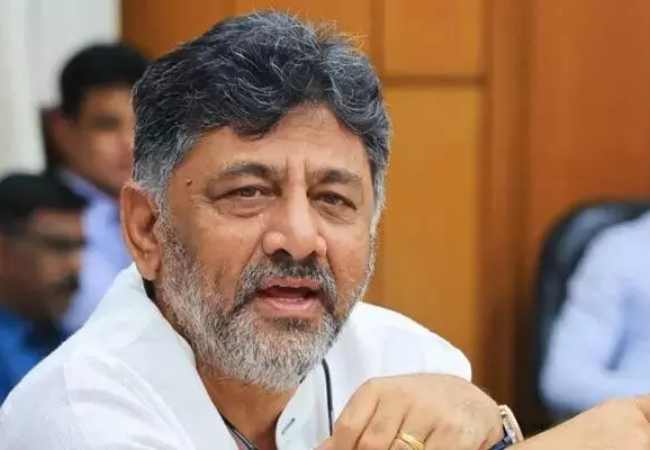Chandigarh : In a significant development, three AAP councillors joined BJP after Mayor Manoj Sonkar resigned from his position on Sunday, paving the way for the election of a new mayor. The Supreme Court will also be hearing a petition related to the transparency of the mayoral elections today.
Three AAP councillors, namely Gurcharanjit Singh Kala, Neha and Poonam Devi, have joined the BJP. They have announced that they will support the BJP candidate in the mayoral election.
In the 35-member Chandigarh Municipal Corporation, BJP had 15 seats, AAP 13, Congress 7 and Shiromani Akali Dal had one seat. With the addition of three AAP members to the BJP, the number of BJP members has increased to 18, while the number of AAP members has gone down to 10.
The Supreme Court had earlier scheduled the hearing of a petition filed by AAP alleging that the BJP tampered with postal ballots during the January 30 mayoral election in Chandigarh to 19th February, 2024.
When the mayoral election was held in January 2023, a total of 29 votes were cast. BJP's Anup Gupta defeated AAP's Jasbir Singh Laddy by just one vote. Gupta received 15 votes while Singh got 14 votes. Congress and Shiromani Akali Dal had stayed away from the polls. Even in 2022, the BJP candidate had won by a margin of just one vote as one vote was declared invalid.
Let the Truth be known. If you read VB and like VB, please be a VB Supporter and Help us deliver the Truth to one and all.
Bengaluru (PTI): Karnataka has proposed a new Information Technology Policy for 2025–2030, offering extensive financial and non-financial incentives aimed at accelerating investments, strengthening innovation and expanding the state's tech footprint beyond Bengaluru.
The Karnataka Cabinet gave its nod to the policy 2025–2030 with an outlay of Rs 445.50 crore on Thursday after the Finance Department accorded its approval.
The policy introduces 16 incentives across five enabler categories, nine of which are entirely new, with a distinctive push to support companies setting up or expanding in emerging cities.
Alongside financial support, the government is also offering labour-law relaxations, round-the-clock operational permissions and industry-ready human capital programmes to make Karnataka a globally competitive 'AI-native' destination.
According to the policy, units located outside Bengaluru will gain access to a wide suite of benefits, including research and development and IP creation incentives, internship reimbursements, talent relocation support and recruitment assistance.
The benefits also include EPF reimbursement, faculty development support, rental assistance, certification subsidies, electricity tariff rebates, property tax reimbursement, telecom infrastructure support, and assistance for events and conferences.
Bengaluru Urban will receive a focused set of six research and development and talent-oriented incentives, while Indian Global Capability Centres (GCCs) operating in the state will be brought under the incentive net.
Incentive caps and eligibility thresholds have been raised, and the policy prioritises growth-focused investments for both new and expanding units.
Beyond incentives, the government focuses on infrastructure and innovation interventions.
A flagship proposal in the policy is the creation of Techniverse -- integrated, technology-enabled enclaves developed through a public-private partnership model inside future Global Innovation Districts.
These campuses will offer plug-and-play facilities, artificial intelligence and machine learning and cybersecurity labs, advanced testbeds, experience centres, and disaster-resistant command centres.
There will also be a Statewide Digital Hub Grid and a Global Test Bed Infrastructure Network, linking public and private research and development, and innovation facilities across Karnataka.
The government has proposed a Women Global Tech Missions Fellowship for 1,000 mid-career women technologists, an IT Talent Return Programme to absorb experienced professionals returning from abroad, and broad-based skill and faculty development reimbursements.
Shared corporate transport routes in Bengaluru and tier-two cities will be designed with Bengaluru Metropolitan Transport Corporation and other transport entities to support worker mobility.
The government said the policy is the outcome of an extensive research and consultation process involving TCS, Infosys, Wipro, IBM, HCL, Tech Mahindra, Cognizant, HP, Google, Accenture and NASSCOM, along with sector experts and stakeholder groups.
It estimates an outlay of Rs 967.12 crore over five years, comprising Rs 754.62 crore for incentives and Rs 212.50 crore for interventions such as Techniverse campuses, digital grid development, global outreach missions and talent programmes.





